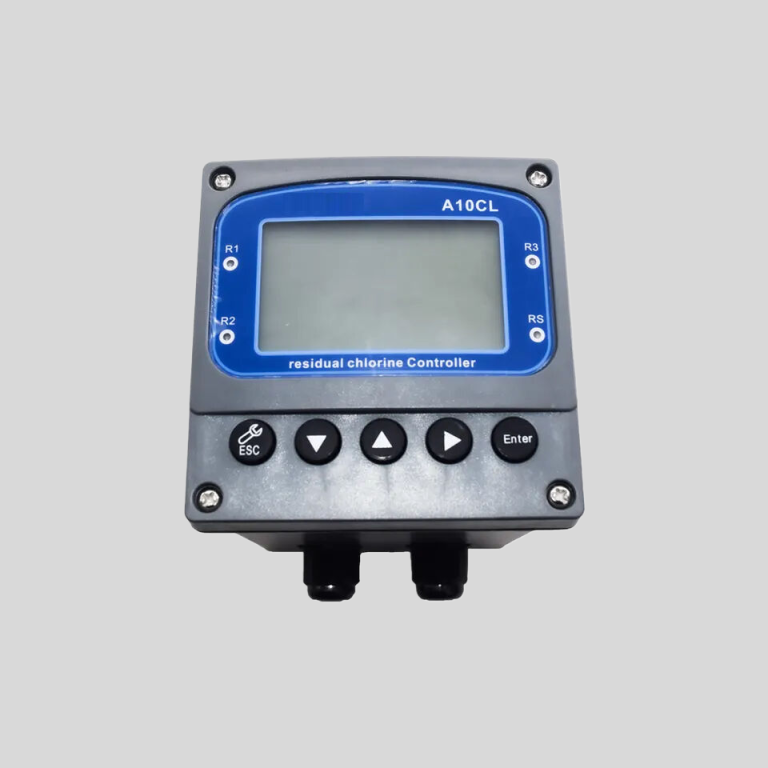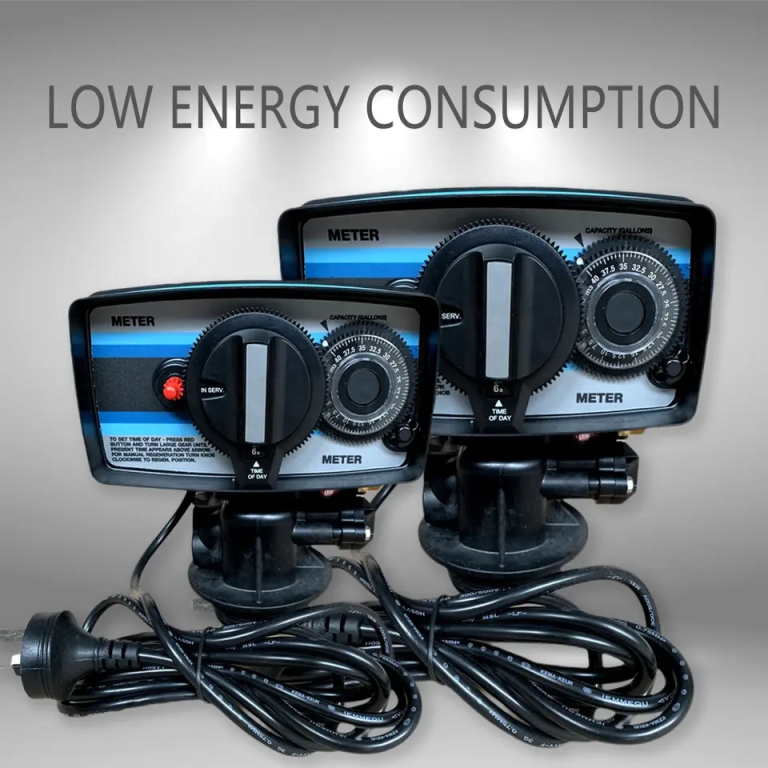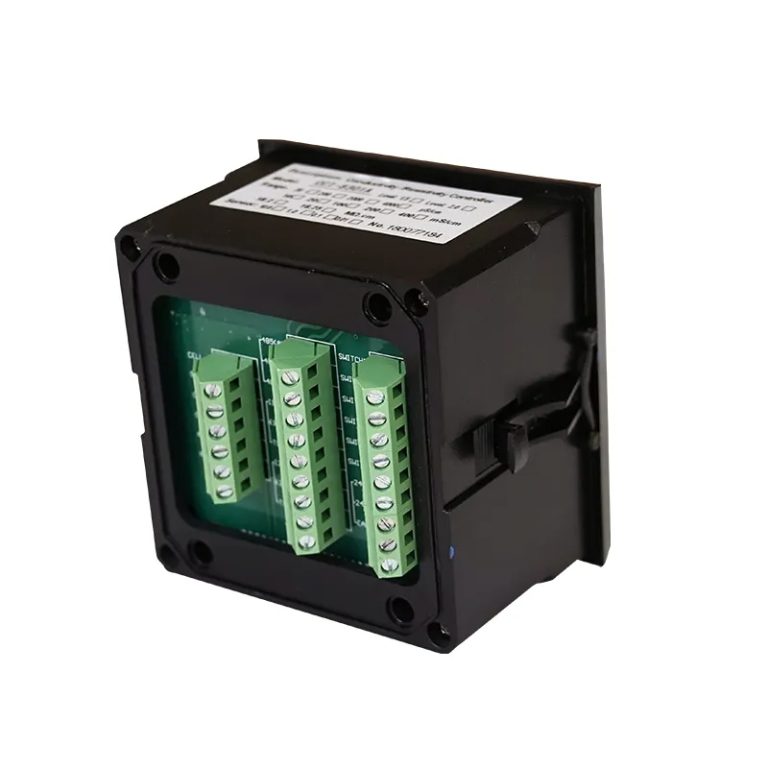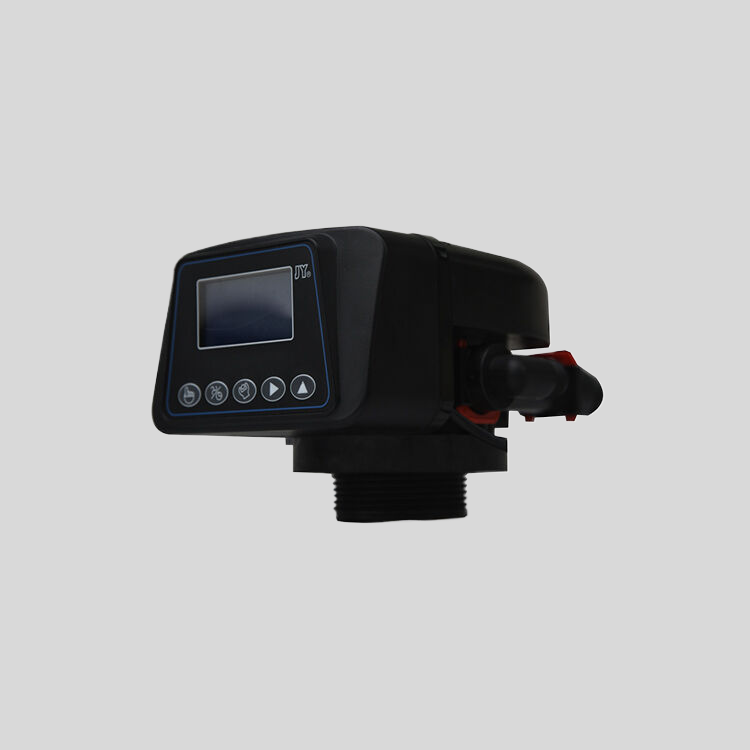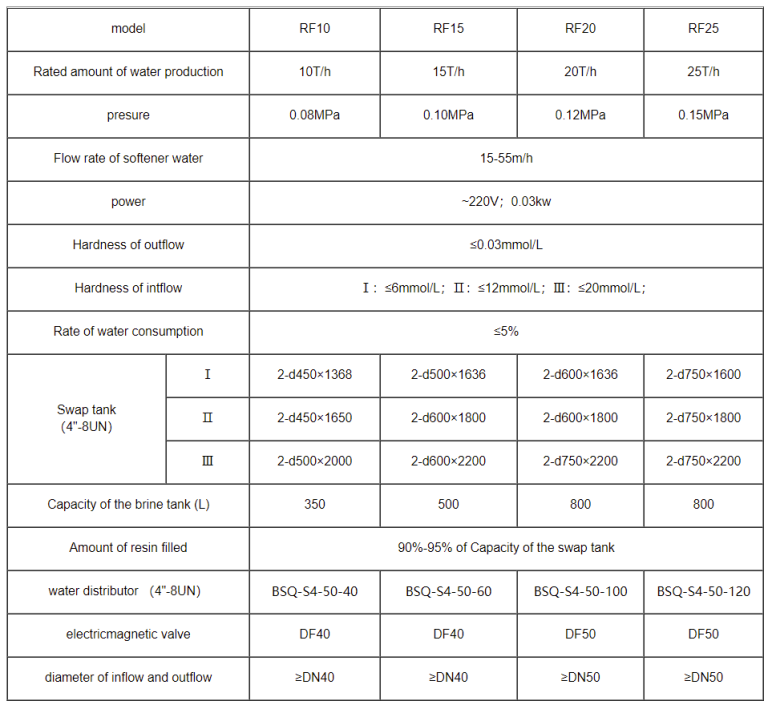“Water Softening: Unlock the True Potential of Your Water.”
The Benefits of Water Softening Systems
Water is an essential resource that we rely on for various daily activities, such as drinking, cooking, and cleaning. However, not all water is created equal. Depending on where you live, you may have hard water, which contains high levels of minerals like calcium and magnesium. While these minerals are not harmful to our health, they can cause several issues in our homes. This is where water softening systems come into play.
Water softening systems are designed to remove the minerals that cause water hardness. By doing so, they offer numerous benefits that make them worth considering. One of the primary advantages of water softening systems is the positive impact they have on our appliances and plumbing.
| Model | Valve Material | Inlet/Outlet | Continuous (0.1Mpa drop) | Peak (0.175Mpa drop) | Cv** | Maximum Backwash (0.175Mpa drop) | Distributor Pilot | Drain Line | Brine Line | Mounting Base | Height (from top of the tank) |
| CM39 | Unleaded brass | 3″ | 56.81m³/h | 73.86m³/h | 65 | 100gpm | 3″ | 2″(male) | 3/4″(male) | 6″-8UN or FLG | 15″ |
Hard water can lead to the buildup of mineral deposits in pipes, faucets, and appliances. Over time, this buildup can restrict water flow and reduce the efficiency of appliances like dishwashers and washing machines. By installing a water softening system, you can prevent this buildup and extend the lifespan of your appliances. This not only saves you money on repairs and replacements but also ensures that your appliances continue to function optimally.
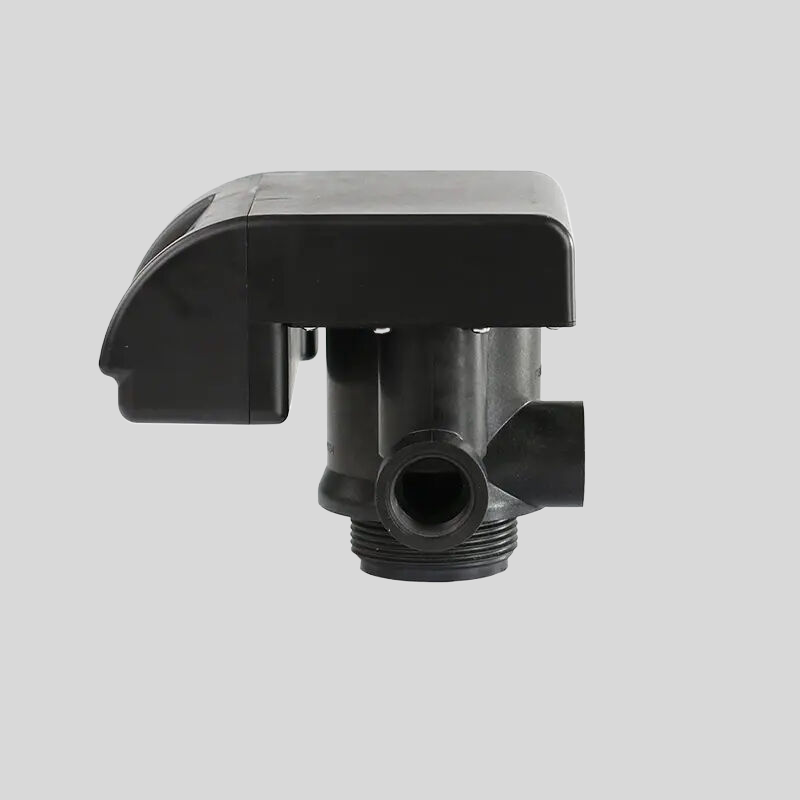
In addition to protecting your appliances, water softening systems also offer benefits for your skin and hair. Hard water can leave a residue on your skin, making it feel dry and itchy. It can also cause your hair to become dull and brittle. By using softened water, you can avoid these issues and enjoy softer, healthier skin and hair.
Furthermore, water softening systems can have a positive impact on your cleaning routine. Hard water can make it difficult for soap and detergents to lather, reducing their effectiveness. This means that you may need to use more cleaning products to achieve the desired results. With softened water, you can use less soap and still achieve a satisfying lather. This not only saves you money but also ensures that your dishes, laundry, and surfaces are thoroughly cleaned.
Another benefit of water softening systems is the reduction in scale buildup. Scale is the white, chalky substance that forms on fixtures, showerheads, and other surfaces when hard water evaporates. It can be challenging to remove and can make your bathroom and kitchen fixtures look unsightly. By using softened water, you can prevent scale buildup and keep your fixtures looking clean and shiny.
Moreover, water softening systems can also help you save on energy costs. When your appliances and pipes are free from mineral buildup, they can operate more efficiently. This means that they require less energy to function, resulting in lower energy bills. Additionally, softened water heats up faster than hard water, allowing you to save on heating costs as well.
In conclusion, water softening systems offer a range of benefits that make them worth considering. From protecting your appliances and plumbing to improving the health of your skin and hair, these systems can have a positive impact on your daily life. They also make cleaning easier and more effective while reducing scale buildup. Furthermore, water softening systems can help you save on energy costs. So, if you are dealing with hard water issues, investing in a water softening system may be a wise decision.

